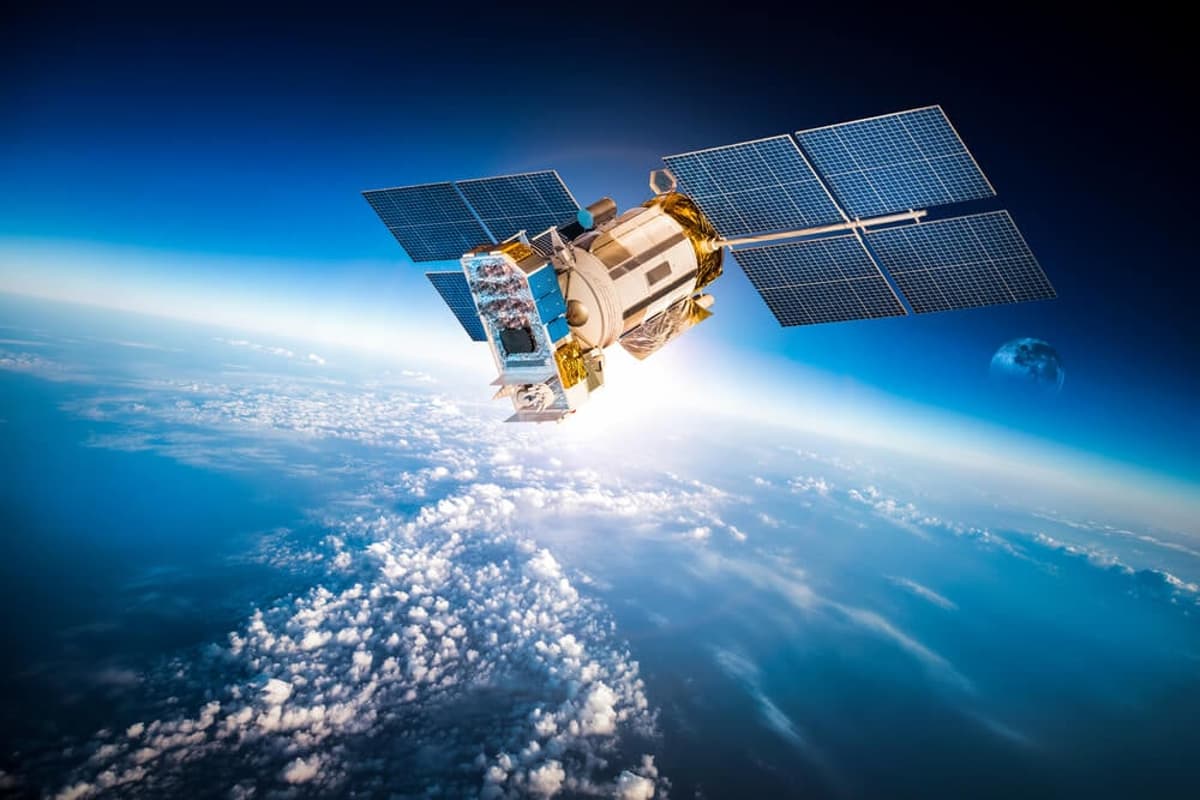The payload for a project that looks to prove long-term cryogenic storage in low earth orbit has been cleared after extensive testing, advancing it to its next stage.
The project, named LOXSAT, is being undertaken by US-based technology development company Eta Space.
LOXSAT is the company’s nine-month data-gathering mission that aims to send 100 litres of liquid oxygen into space and store it with no losses. Eta Space will use the findings to build a foundation for full-scale cryogenic fuel storage depots in orbit, which could enable longer-duration space missions.
Before the mission could move ahead the technology underwent extensive testing at two separate Kennedy Space Center laboratories, where it was cleared.
The payload was then shipped to Rocket Lab Headquarters in Long Beach, California, where LOXSAT is now undergoing joint environmental testing with the Rocket Lab Bus.
“Our team members here at Eta Space should be incredibly proud of what they have accomplished over the years with this project, especially with all the unexpected hurdles we’ve had to manage,” said Jeff Bone, LOXSAT Project Manager.
The company has already managed to store large amounts of cryogenic gases for 18 months on the ground with no losses.
Speaking to gasworld earlier this year, Dr William Notardonato, founder of Eta Space, explained, “We chilled down and held 33,000 gallons of liquid hydrogen for 18 months [on the ground] with no losses.”
Read more:Eta Space tackles cryogenic boil-off
By taking the next step and proving the technology in orbit, the company hopes in time to build an orbital station in space that could refuel satellites, space tugs, and even lunar landers, reducing the need to launch with a full fuel load from Earth.
“We’re building the cryogenic infrastructure that future missions will depend on – depots, transfer systems, storage tanks – so satellites don’t have to be single-use anymore,” said Notardonato.
Once testing is complete in California, the payload will be shipped to the launch site in Mahia, New Zealand, where the LOXSAT team will support wet dress rehearsals and the planned launch of LOXSAT in March 2026.

